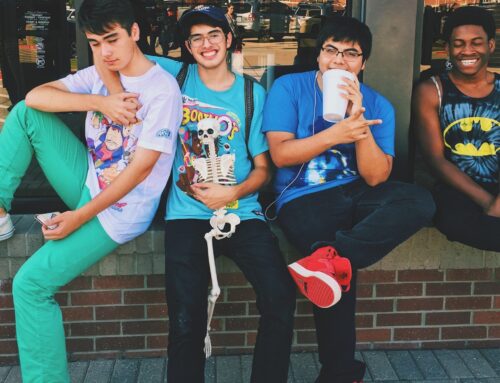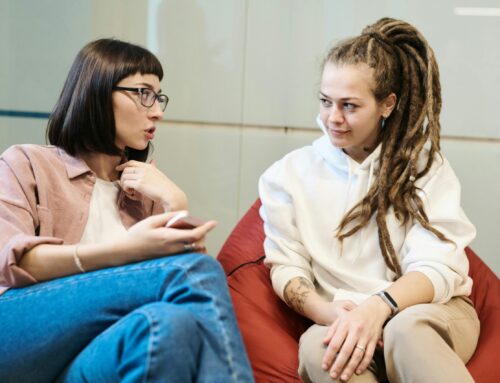Handing over the pens

Every now and again someone manages to sum up a concept with a simple phrase or few sentences that really get to the heart of the matter and can shift people’s thinking because of the insightfulness. I listen out for such insights and shamelessly re-use them – standing on the shoulders of giants might be my excuse!
I remember years ago, someone commenting that, sometimes, by the time a board gets asked to comment on a document, they only have the opportunity to dot the ‘i’s and cross the ‘t’s. The person in question said they had given up their time to contribute and only agreed to be involved if there really was the opportunity to make a difference and have an impact, but found a lot of the decisions had already been made. I have re-used that phrase often to demonstrate situations where people are not really being involved in the thinking process early enough.
Another such phrase was given to me recently about co-production. People are “happy to hand over the pens” to citizens or other agencies for an hour or two, but the actual design and delivery of the service – the creativity and decision making – is not done until the citizens or other agencies have left the building (or the Teams room).
These ideas don’t just apply to co-production with citizens, of course. It also applies to collaboration between agencies. A colleague of mine recently challenged me on the power dynamic with someone in another organisation. Was I really sharing the opportunity for creativity, or was pulling rank on a project? I had offered out the pens, was I now going to make decisions behind closed doors?
We are currently working with Surrey CC, Family Voice Surrey and other agencies on a collaborative project around short breaks for children and young people with significant Additional Needs and Disabilities. Together, we are exploring how to give parents new and very different opportunities to get involved in the design and delivery of the short breaks. These are families with some of the most challenging of circumstances, so we must of course be flexible and very mindful of their limited capacity and target their involvement on the areas of most meaning to them.
One of my key learnings so far about the difference between consultation and co-production is about relationships. Co-production is about enabling long-term relationship with citizens, in a way which works for them, not just for agencies.
I put out the same challenge out to you: Are you just handing out the pens, but waiting for people to leave before the service design and decisions are made? Or are you doing co-production with long-term relationships in mind, designed to be meaningful to the citizen and fit into their lives?
– Cate Newnes-Smith



